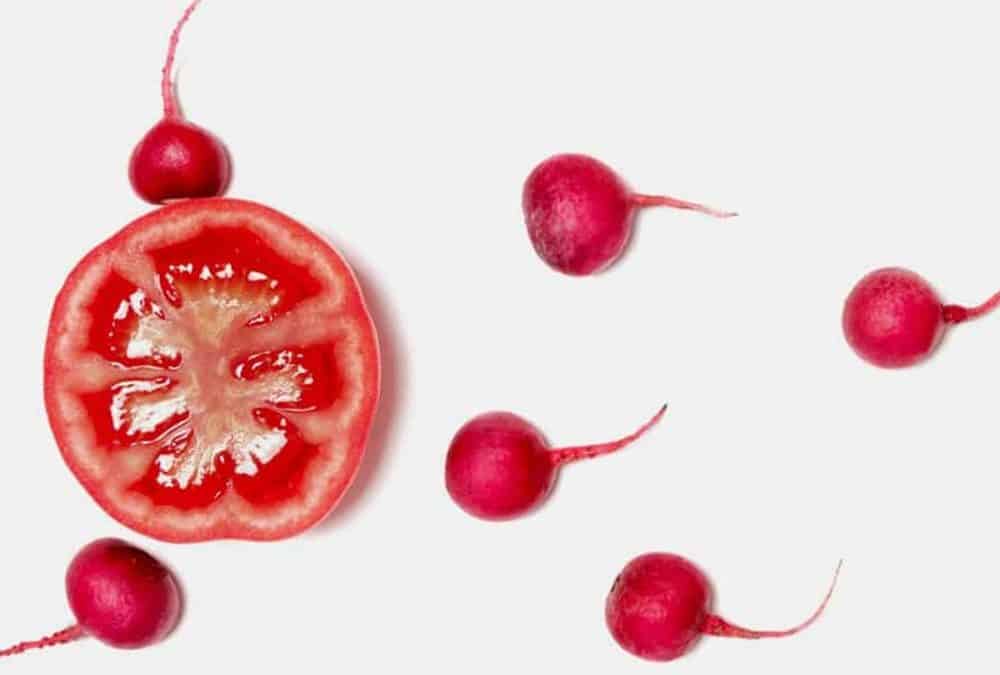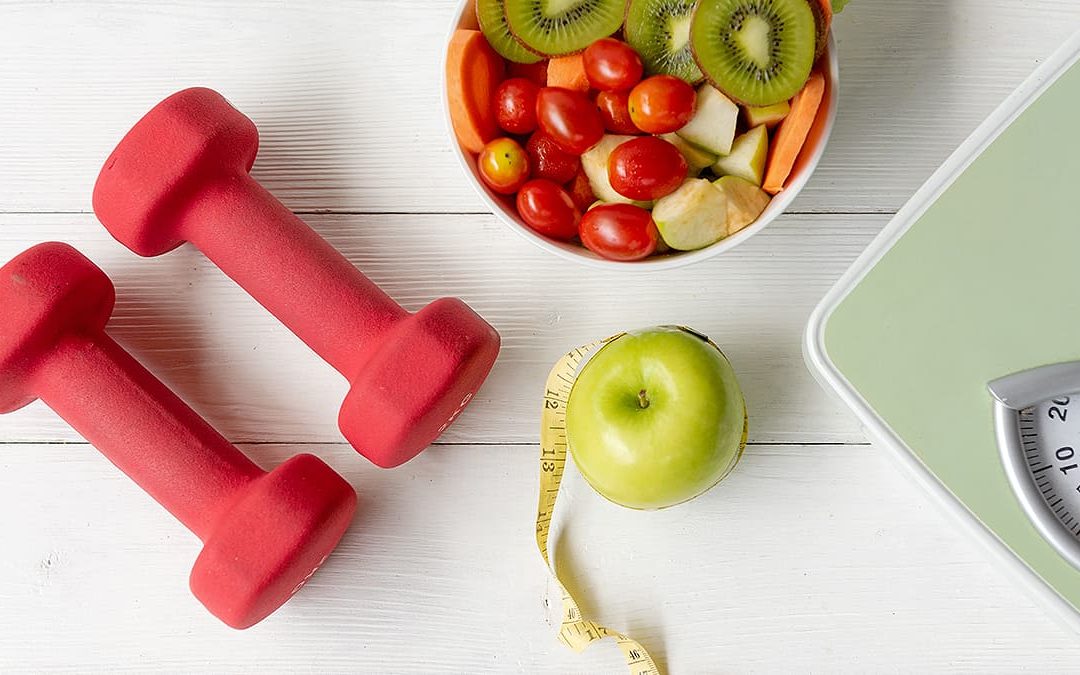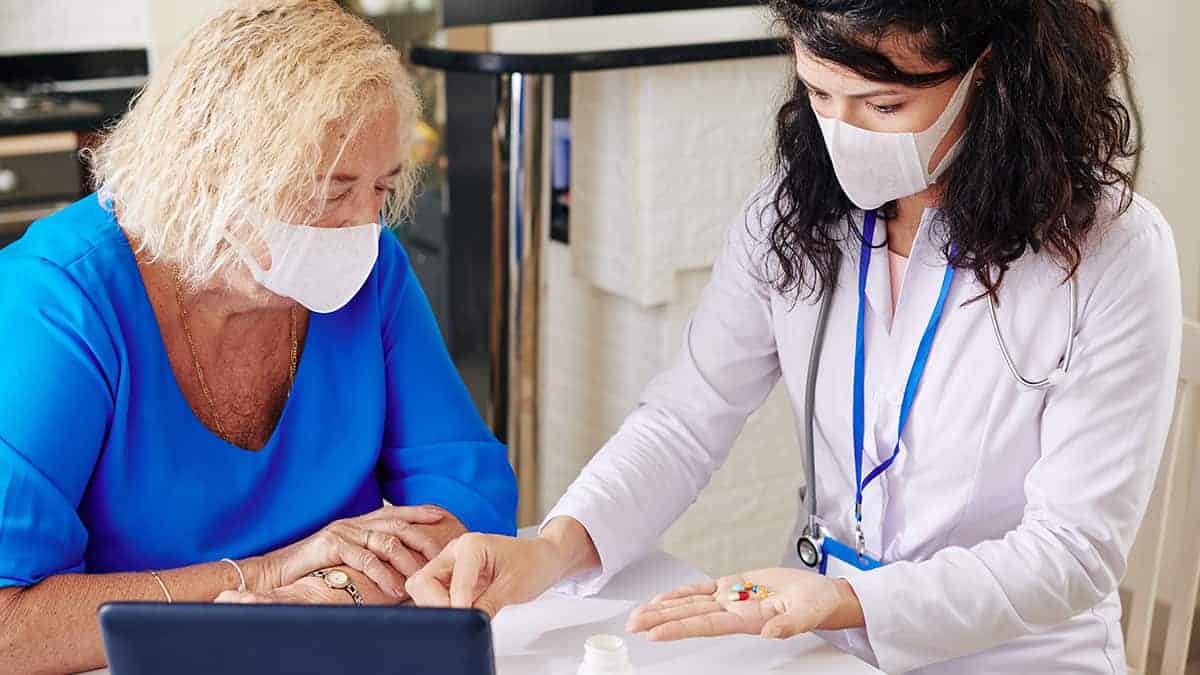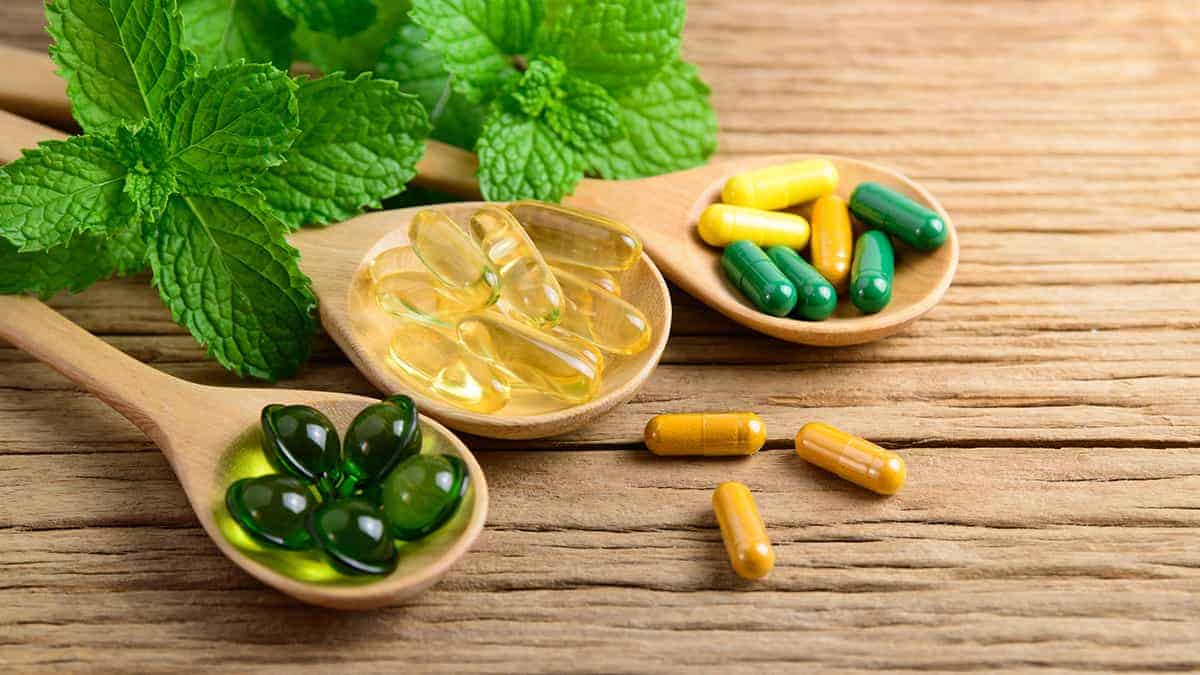Severe endometrios
is sometimes treated with surgery. During a laparoscopy or laparotomy surgery, a doctor can remove endometriosis lesions and cut nearby nerves in order to reduce pain. This type of surgery can be a good option for women who want to have children in the future. However, surgery is generally not a permanent solution. Endometrial tissue often comes back a couple of years later.
Some women with endometriosis choose to get a hysterectomy. During this procedure, a surgeon removes the uterus and sometimes the ovaries and fallopian tubes. After having a hysterectomy, you will not be able to get pregnant.
Surgery may be an option for women with PCOS who struggle with infertility. If other PCOS treatments don’t work, a surgery called ovarian drilling may help. During this procedure, your doctor makes a few small holes in the ovary in order to remove the tough outer layer. This can help some women get pregnant.
Managing Endometriosis and PCOS With Other Treatments
Before prescribing medication for reproductive health problems, your doctor may first recommend that you make some lifestyle changes, such as eating fewer calories or getting more exercise. These changes can improve symptoms for some women, and they don’t come with the side effects that you may experience when you use medications.
Other alternative health strategies may also help make endometriosis or PCOS easier to deal with. However, it is important to know that many popular supplements, diets, or alternative treatments aren’t actually effective. Sticking with treatments that have been proven in clinical trials helps you have the best chance at reducing symptoms.
Diet
The things you eat can impact your endometriosis or PCOS symptoms. Some women with endometriosis have reported eating less dairy, carbohydrates, and gluten, and eating more fish, fruits, and vegetables. These women had fewer endometriosis symptoms and felt better overall.
Some of these same changes may help people with PCOS. In one study, women with PCOS followed a low-dairy, low-carbohydrate diet. The participants lost weight, had a healthier balance of hormones, and could use insulin more effectively.
Nutritional and Herbal Supplements
Some women with reproductive health problems turn to supplements to help manage symptoms. Certain vitamins and minerals may be effective at reducing period cramps:
- Vitamin B1, also known as thiamine
- Vitamin E
- Magnesium
- Omega-3 fatty acids
Additionally, one clinical trial showed that antioxidants such as vitamins C and E may help endometriosis patients. Women who took these vitamins had reduced levels of inflammation in their bodies and experienced less pain.
When treating PCOS, other supplements may help. Early research has found that certain nutrients may reduce some PCOS symptoms, especially if one is found to be low in these vitamins and minerals:
- B vitamins, including B6, B12, and folic acid
- Vitamin D
- Vitamin E
- Myo-inositol
- L-carnitine
- Chromium
- Selenium
- N-acetyl-L-cysteine
- Omega-3 fatty acids
Medical science is still collecting data on these supplements so it is not fully understood or clear how effective they might be. Additionally, supplements can have side effects and can interact with other medications, so it is always a good idea to check with you physician before taking any of those listed here. Always tell your doctor and pharmacist about any supplements you are taking.
Physical Activity
Getting exercise may help with weight loss, which can make your periods more regular and treat infertility for people with PCOS. Additionally, physical activity can help reduce your chances of developing conditions related to PCOS. Women who exercise more have better heart health and may reduce the risk of developing mental health disorders. Exercise may also help with endometriosis pain.
Relaxation Techniques
Mindfulness meditation can be effective for managing pain, including lower back pain. Many women with endometriosis say that meditation and breathing exercises can be effective pain relievers. Studies have also found that mindfulness can reduce stress and lower blood sugar levels for women with PCOS.
Yoga is a form of physical activity that also incorporates elements of relaxation and mindfulness. Yoga can encourage the body to release pain-fighting endorphins and reduce inflammation. In particular, three different yoga poses have been found to help control pain that comes with periods:
- The cobra pose
- The cat pose
- The fish pose
Studies have found that yoga can help women with endometriosis have a better quality of life and live with less pain. Additionally, PCOS studies have shown that yoga can help balance hormone levels and improve mental health.
Mental Health Help
Chronic illnesses and ongoing pain often come with worse mental health. Many people with endometriosis and PCOS experience depression, anxiety, and stress. Seeing a counselor or therapist may help you discover new ways to deal with your illness. For example, endometriosis patients who use positive coping mechanisms have lower levels of stress, depression, and pain.
How Do Endometriosis and PCOS Affect Fertility?

































